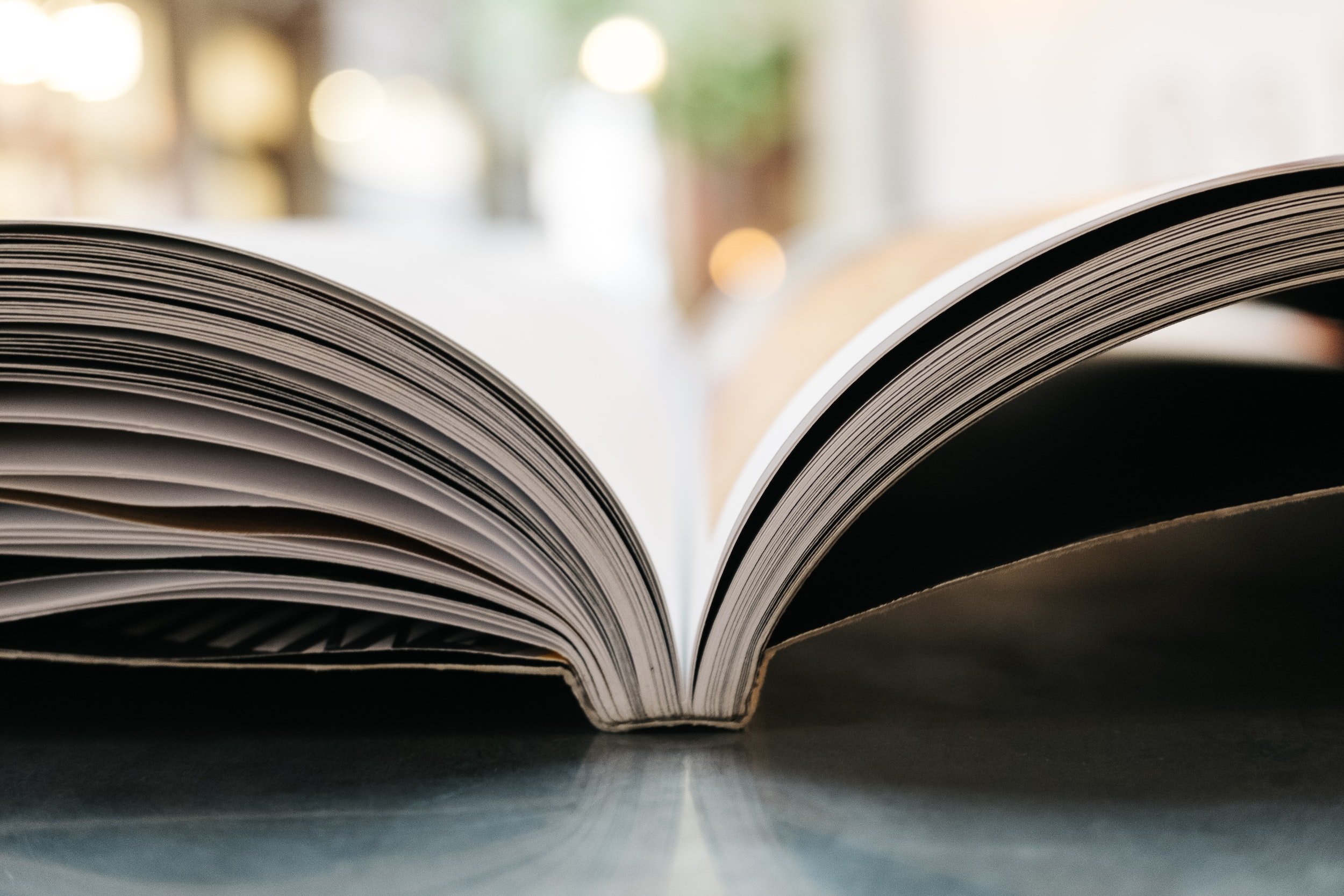
Publishing Resources
Tips & tools for journals
Journals and publishers play a critical role in the assignment of intellectual credit on publications.
If authorship disputes arise over a manuscript, some journals may refer submitting authors back to their institution(s) rather than help to facilitate resolution.
Yet, journals and their publishers have an important responsibility to ascertain and ensure appropriate authorship credit distribution, given that they are the entities that are officially reporting intellectual credit for published works.
Scroll down for more.
Journals should require some kind of disclosure statement from all authors.
They could also provide guidance on dispute resolution (e.g., explicitly refer authors back to their institutions for mediation) and provide resources—like their own authorship agreement—for authors.
Encourage authors to adopt CRediT (Contributor Roles Taxonomy) or a similar approach.
Prompt authors to archive & share study materials, data, & analytic code. Visit the Center for Open Science to learn more.
Journals can aid in training early career and later career scholars about openly and transparently discussing and reporting intellectual credit through encouraging the use of Open Science practices.
Furthermore, they can acknowledge that authorship order on published articles does not need to reflect the authorship order on supporting materials. In other words, the first author on a publication may be different from the primary author of the analytic code applied in the work. Journals can differentiate these contributions by crediting all of them specifically in authorship information.

